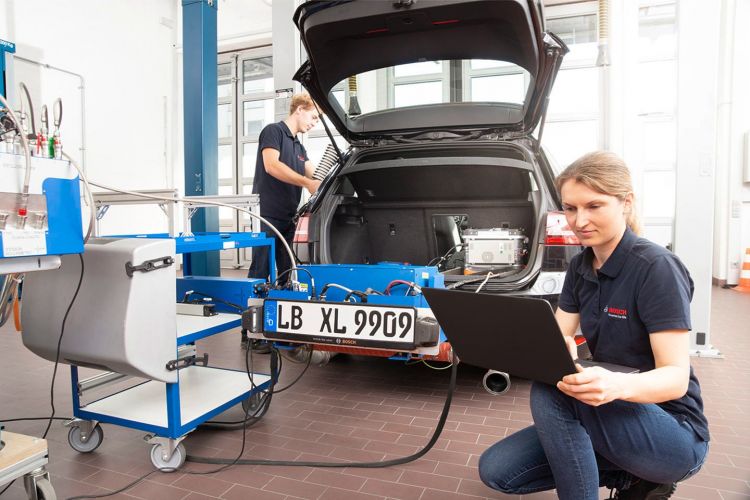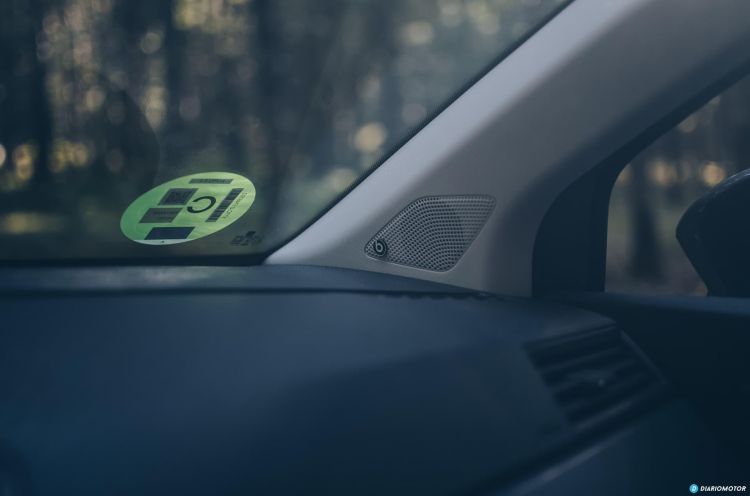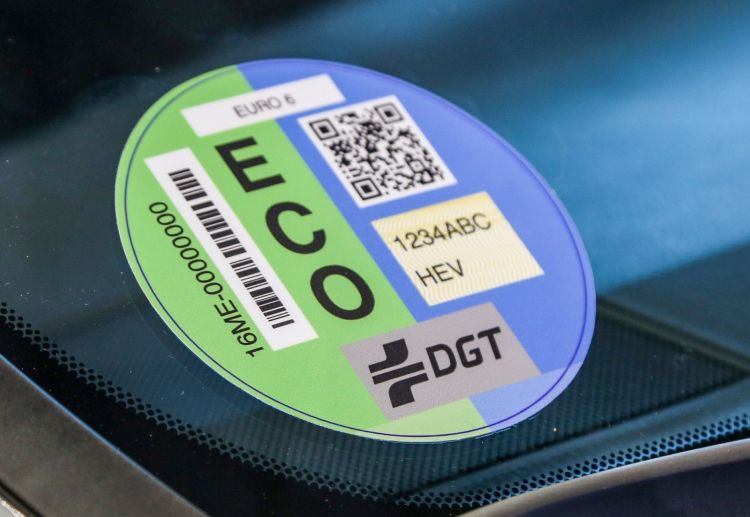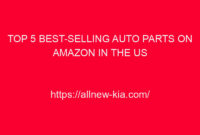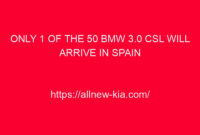Diesel has fallen out of favor and proof of this is that we are talking about a fuel that more and more municipalities and manufacturers want to have the further away the better. Even so, the diesel car is by no means an option to avoidespecially if we are thinking of buy a second hand diesel car and our mobility needs justify it in the medium and long term. if you are valuing buy a used diesel car You may not only get it right with your purchase, but you can save a lot of money, yes, you better know which diesel engines you should look for to get it right.
Buying a used diesel car is still a good option, but you will have to look at which anti-pollution regulations it complies with.
Label B and Euro 4 diesel Beware!
According to the DGT, all diesel vehicles registered before January 2006 are not included in the labeling system according to their emissions., this means that it does not matter how efficient or respectful with the environment it is. In this way, the most interesting offers among used diesel cars will be found in cars prior to 2006, since measures are foreseen that limit their circulation in urban centers and therefore they will be cars that will significantly reduce their demand. At the moment, outside of Madrid and Barcelona, no measure has been approved that limits circulation to cars with a B label, but it is only a matter of time.
Even so, there is a very interesting point to consider. According to the DGT label system, any diesel car with a date prior to January 2006 would not be entitled to a label, however It is possible to find cars on the market with diesel engines prior to 2006 that comply with the Euro 4 regulations, thus being entitled to the B label, but requiring an individual claim to the DGT proving the approval of the vehicle for this regulation. If our purchase budget is tight, this type of vehicle can be very interesting.
Euro 6 from 2014 or higher: sure bet
In January 2011, the Euro 5 regulations came into force, popularizing the use of the “hated” anti-particle filters, a system that some manufacturers had begun to use, but that not all had installed until then. Through this regulation, emissions from gasoline engines were reduced, but also – and more severely – emissions from diesel engines. Taking into account the label system proposed by the DGT, despite the fact that since 2011 many passenger cars and light commercials have reduced their emissions, only Euro 6 diesels registered from January 2014 can benefit from the C emission label. By this date, many of the diesels for sale managed to comply with the Euro 6 regulations, but their mandatory nature was set for September 2016 with special emphasis on reducing NOx through SCR systems with AdBlue. It would be fair to positively discriminate Euro 5 over Euro 4 as it happens with Euro 6 when receiving label C, but label B unfortunately puts them in the same bag.
At the moment, this label still does not provide great benefits over label B, however, greater regulation is expected in this regard once the models of restriction of movement by labels are implemented in large cities. Madrid and Barcelona will be the first cities to implement movement restriction measuresleaving the door open to the arrival of new labels that include the most restrictive regulations (Euro 6 and later) and a greater differentiation between alternative fuels.
Diesel semi-hybrids and the ECO label
The used car market has already witnessed the arrival of the first diesel semi-hybridsand soon more will be incorporated, since more and more manufacturers are betting on this configuration to continue offering the virtues of a diesel engine, but also to be able to benefit from the advantages of the ECO label.

